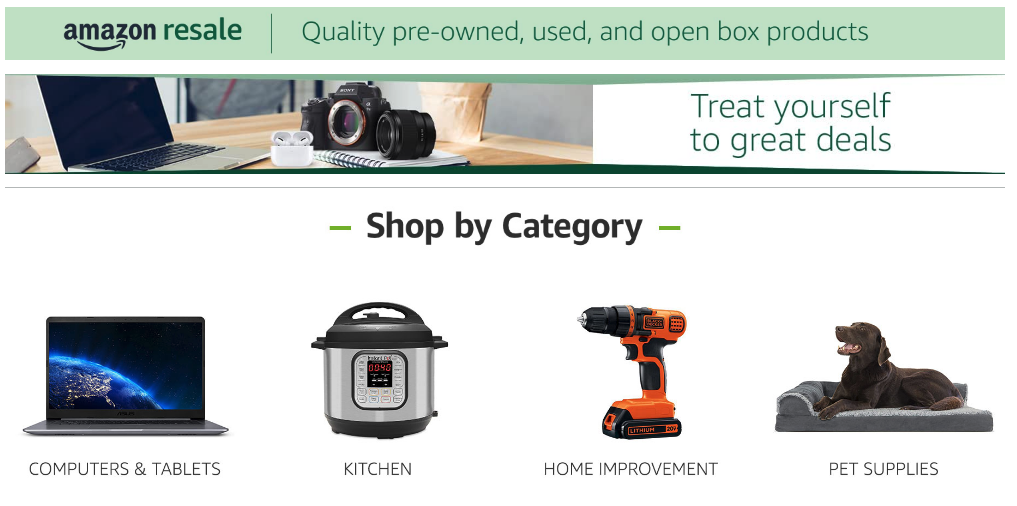Amazon’s used goods marketplace has been rebranded as Amazon Resale, offering discounted items on used, pre-owned, and open-box products previously known as Amazon Warehouse. Customers saved an average of 25% on products purchased last year through Amazon Resale, with items being categorized under conditions ranging from “Like New” to “Acceptable” after a thorough inspection by Amazon. The company ensures that all items are covered by its returns policy for customer satisfaction.
Other e-commerce giants such as Walmart and Target also sell pre-owned items as online returns continue to increase in the growing e-commerce market. According to the National Retail Foundation, total online returns reached $247 billion last year, equivalent to 17.6% of merchandise purchased. Amazon has been a pioneer in the free online returns industry but recently started charging a $1 fee for some returns at The UPS Store and introduced a feature that identifies “frequently returned” products to improve customer experience.
Amazon has been expanding its physical footprint in partnerships with brick-and-mortar retailers for returns. However, a recent Washington Post report highlighted complaints from employees at Kohl’s and UPS Store locations regarding the increased stress and labor hours due to Amazon returns. Selling returned products has become a growing concern for Amazon, with reports detailing criticism of the company’s inspection process for re-selling used products as new.
The rebranding of Amazon’s used goods marketplace signifies the company’s commitment to offering affordable options for customers while dealing with the challenges of handling returns and reselling used products. Amazon’s dedication to maintaining high-quality standards through thorough inspections and categorization of products under different conditions ensures transparency and trust for customers. With its strong returns policy and partnerships with brick-and-mortar stores, Amazon continues to lead the way in the e-commerce industry while addressing the growing demand for pre-owned items.
The rise of e-commerce has led to an increase in online returns, prompting retailers to find innovative solutions to handle returns efficiently and effectively. Amazon’s decision to charge a fee for some returns and introduce features to help customers make informed decisions about purchases reflects the company’s commitment to improving the returns process. Despite facing challenges with reselling returned products, Amazon remains a dominant player in the online marketplace, setting standards for customer service and satisfaction.
Overall, Amazon’s rebranding of its used goods marketplace to Amazon Resale reflects the company’s efforts to provide customers with affordable options while addressing the complexities of handling online returns. With a focus on quality control, transparency, and customer satisfaction, Amazon continues to adapt to the changing landscape of e-commerce, setting the bar for other retailers in the industry. By leveraging partnerships with brick-and-mortar stores and introducing innovative features for returns, Amazon remains at the forefront of the online marketplace, navigating challenges and opportunities to meet the evolving needs of its customers.


